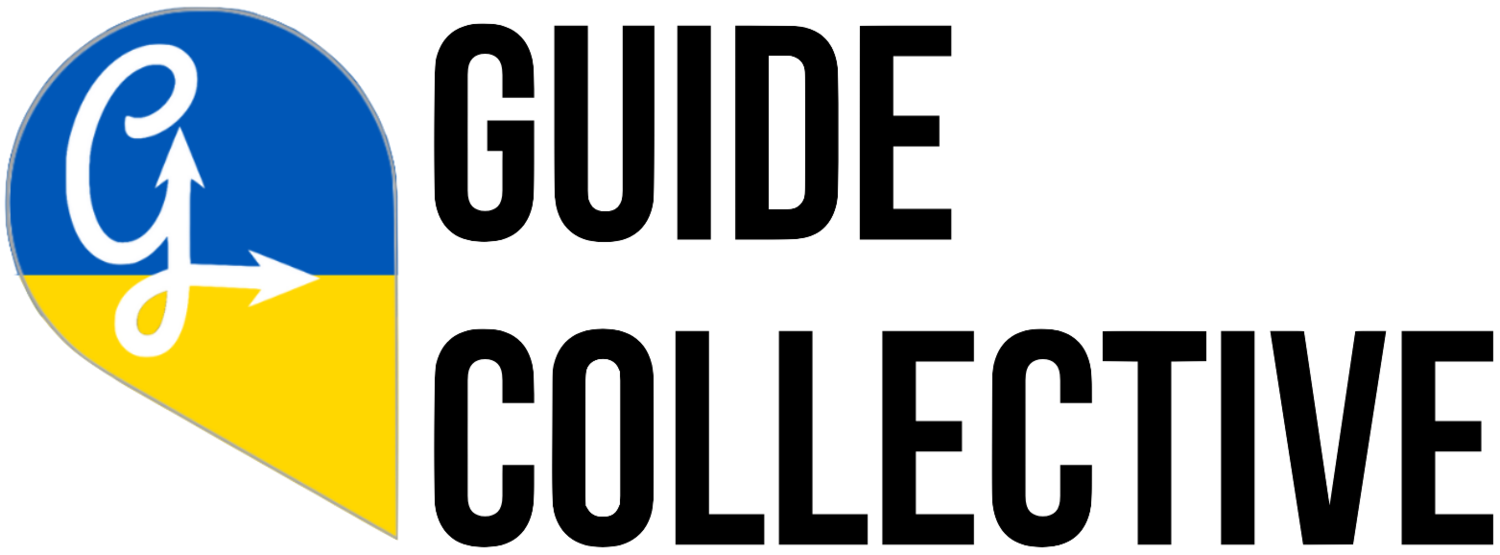It Wisnae Us!
Liz Lizter | Jaggy Thistle Tours
This article is triggered by the Black Lives Matter movement and in particular recent protests. As you’re probably aware this resulted in statues and monuments in the UK commemorating those who we now know to have had links with the slave trade being defaced and in some cases destroyed.
This has prompted much discussion around whether you can whitewash out segments of our history that we’re not proud of, or whether we should hold our hands up, recognise that this is something we’re not proud of and use these memorials as a tool for learning.
One of Scotland’s top historians Sir Tom Devine has a special interest in Scotland’s part in the slave trade and how the cities of Edinburgh and Glasgow were built on the profits from slavery. Acknowledgement has been a long time coming but thanks to movements like “It wisnae us!” (an organization developed after and based on the now out of print book by Stephen Mullen, It Wisnae Us: The Truth about Glasgow and Slavery) and organizations like the Coalition for Racial Equality and Rights in Scotland and the UK, there is growing recognition and reparation.
L-R: It Wisnae Us by Stephen Mullen | Preface by Jatin Haria of Glasgow Anti Racist Alliance | Coalition for Racial Equality and Rights
Sir Tom has been writing some excellent articles in response to the protests including his recently published “Scotland’s Role in Slavery Must Be Acknowledged” in The Herald Scotland. His point is that the nation as a whole was complicit in this “nefarious business”—“weavers of ‘slave cloth’ for the West Indies; fishermen who exported dried fish to feed the slaves; workers in the mills who processed the raw cotton harvested by slave labour; the crews of the vessels who sailed across the Atlantic; and the officials, lawyers and clergymen who administered the slave colonies and the spiritual needs of their owners.”
This set me to thinking: is there anything in my life that I have been complicit in that, looking back through a 21st-century lens, would be seen as abhorrent? Indeed there is.
Growing up in Scotland in the ‘60s and ‘70s, corporal punishment was very much a feature of the Scottish education system. Teachers used “the belt” to maintain control. This was the Lochgelly tawse, a length of stiff leather with either one or two tongues which was used on the palms of recalcitrant pupils. An alternative to the cane in England.
Pupils accepted it as a way of life—indeed a badge of honour! When our geography teacher offered death or imprisonment—belt or detention—your street cred would have plummeted through the floor if you’d opted for the soft option. I remember as a teenager, in front of a mixed class, I was taken to the front to be belted. My crime? A friend and I thought it would be great entertainment to run boiling water through the swan tap in the Chemistry lab so that when the teacher came and leaned on it, as he was prone to do, he burned his hands and cursed out loud!
Worse still, when I graduated and became a teacher myself, I had my own Lochgelly. I still have it—a relic from a bygone era.
If you are demonstrating the same reaction as my daughter, who just recently heard this story, you are now totally shocked and disgusted. How could I? How could I brutalise small, defenceless children on a daily basis. It’s quite simple—it was accepted. Nobody questioned it. It was a part of daily life, and if you went home and told your parents you would have been in even greater trouble. In the 80s, as we became more “civilised,” the use of corporal punishment was abolished. Indeed in recent years, legislation has been passed in Scotland that prohibits all forms of physical reprimand on children.
And now we move forward to 2020, where people rightfully march and protest against wrongs perpetuated over decades if not centuries. Again the question: how could this happen? Why did people not rise up to right these wrongs as we are doing today through the Black Lives Matter campaign. We would never be complicit in such activities today, would we?
Over the last few nights I’ve been watching the Madeleine McCann Story on Netflix. Madeleine was three years old when she went missing from a holiday apartment in Portugal’s Algarve while her parents were dining at a nearby tapas bar in May of 2007. Her whereabouts are still unknown, but there’s been renewed interest in the case due to the arrest of a suspect in Germany. This has brought into focus the “dark places” that we don’t want to go regarding the topic of child trafficking and paedophile rings. This is happening in my time and while I’m aware of it, what am I doing about it? Does this make me complicit?
When future generations look back will my response be “it wisnae me!”?
It Wisnae Us
Image | Rhys Asplundh, Wikimedia Commons


